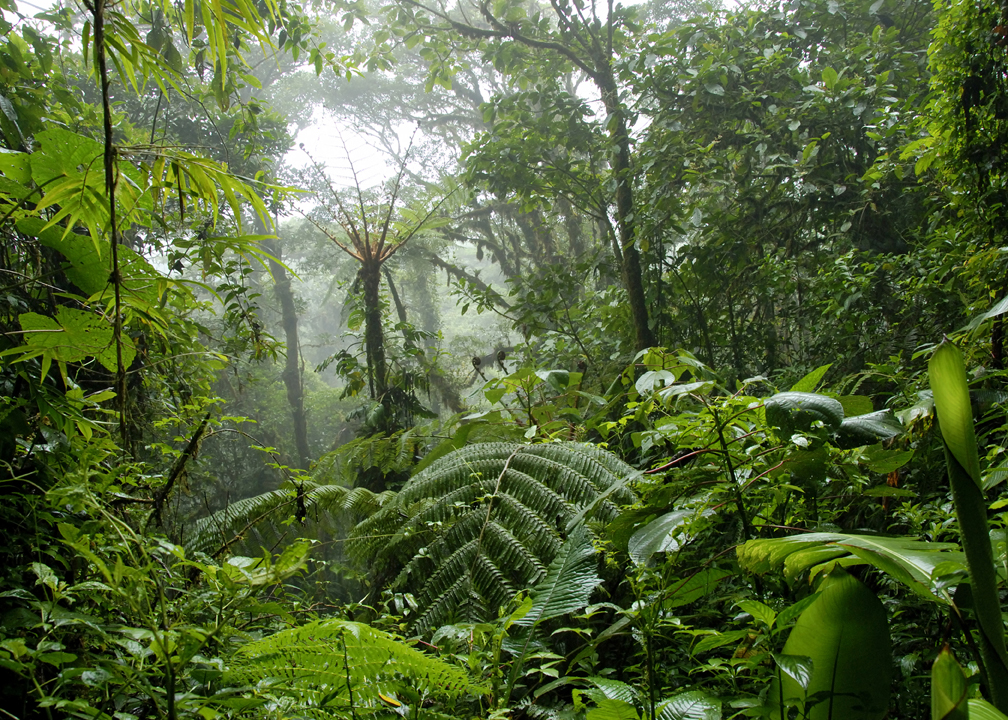HSBC has pledged to provide US$100bn to sustainable finance and investment by 2025 as part of a new raft of commitments to tackling climate change.
The bank says that it will “intensify its support for clean energy and lower-carbon technologies, as well as projects that support the implementation of the United Nation’s Sustainable Development Goals”.
In an environmental, social and governance report, the bank also pledges to “discontinue financing of new thermal coal mines or new customers dependent on thermal coal mining”. However, the report contains no timeline for putting an end to the funding of thermal coal, which is something other banks such as ING and Deutsche Bank have made firm commitments to doing.
The US$100bn will come through direct lending, bonds and project finance, but a HSBC spokesperson was unable to provide any detail about what specific areas and products it might involve.
It follows a pledge by JP Morgan earlier this year to commit US$200bn to financing clean energy projects.
HSBC, which claims to be the world’s largest trade bank, has often been accused of not doing enough to clean up its financial supply chain. In January, it was accused of “supporting environmental destruction and exploitation” in Indonesia by Greenpeace.
The NGO said that HSBC was financing palm oil companies that have engaged in unsustainable behaviour. It made particular reference to Bumitama Agri, which received two refinanced fixed term loans from a consortium of banks including HSBC in 2012 and 2013. They were worth US$120mn and US$70mn, respectively.
Bumitama is accused of deforestation, operating without a licence, not meeting Roundtable on Sustainable Palm Oil (RSPO) certification and developing on illegal land, in the Kalminatan region of Indonesia.
This led to the bank updating its financing policy for palm oil, requiring clients to make a “No Deforestation, No Peat and No Exploitation” (NDPE) commitment.






